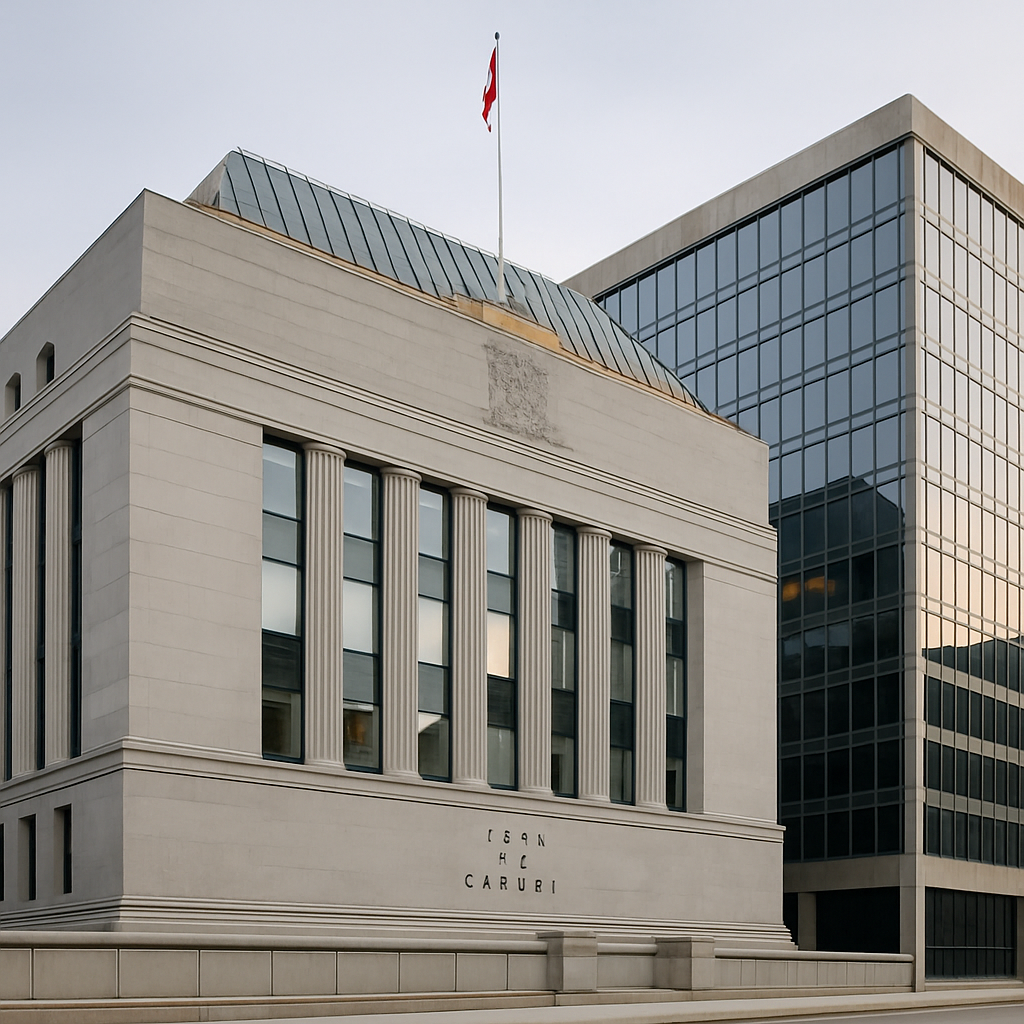The Case for Censorship Resistance
Can governments shut down Bitcoin?
It’s a fair question—especially in a world where financial systems are tightly regulated. But Bitcoin was built with one goal in mind: to work without needing permission. That feature is called censorship resistance, and it’s one of Bitcoin’s most important qualities.
What is censorship resistance?
Censorship resistance means that no government, company, or central authority can prevent you from using Bitcoin if you choose to. You don’t need approval from a bank to send it, and no payment processor can decide whether your transaction should go through. Instead, Bitcoin empowers you to transfer value directly to another person, anywhere in the world, at any time.
How is that possible?
- Decentralization
Bitcoin doesn’t live on a single server or in one country. It runs on thousands of nodes (computers) all over the world. Shutting it down would require stopping every one of them, everywhere—impossible in practice. - Open source code
Anyone can download and run the Bitcoin software. There’s no secret company behind it, and no CEO to pressure or arrest. - Peer-to-peer design
Bitcoin users interact directly. There’s no middleman to block a transaction or freeze an account.
But can’t governments ban it?
Of course, governments can still try to limit Bitcoin in other ways. They may regulate exchanges, restrict on-ramps where people buy and sell bitcoin, or pass laws that discourage its use. But these measures cannot shut down the network itself. Even in countries where Bitcoin has been banned, people continue to use it through alternative methods such as peer-to-peer marketplaces or mobile wallets. The network itself remains neutral and unstoppable—it does not care who you are, where you live, or why you’re using it.
Bitcoin is neutral. It doesn’t know who you are, where you live, or why you’re using it. That’s what makes it powerful—and sometimes controversial.
Why This Matters to Everyday Users
For beginners, it’s important to understand that censorship resistance is not about breaking rules or avoiding laws. Instead, it’s about ensuring that a financial tool remains open to everyone, regardless of politics, borders, or personal circumstances. For people living in stable economies, this may feel like a nice-to-have. But for those in countries with unstable currencies, strict capital controls, or unfair banking systems, the ability to save and transact freely is life-changing.
This quality—being neutral, global, and resistant to control—is what makes Bitcoin both powerful and controversial. For new users, recognizing this strength helps you see why Bitcoin isn’t just another payment app or digital asset. It represents a new kind of financial freedom, one that is open to anyone with an internet connection, no matter where they live.




